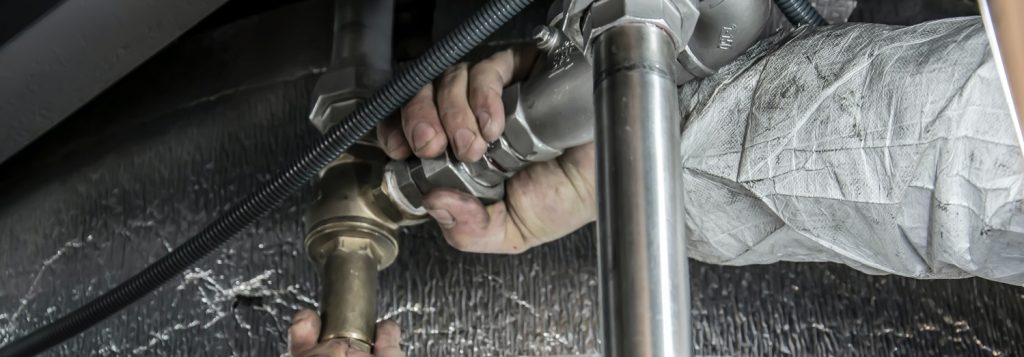
Many people look for workarounds in an off-putting real estate market. For a lot of buyers who simply seek a decent home to own, bidding wars aren’t winnable.
Shut out of a seller’s market but refusing to give in, some people are co-buying as tenants in common. And some are willing to “hack” homebuying — alone or as tenants in common — by renting out sections of the buildings they buy to others who need a roof overhead. After all, the shift to remote-first work creates new chances for homeowners to rent out rooms in various places. And fair rental opportunities are very much needed.
So, our hats are off to determined buyers who refuse to be left out of this market. Their decision to pool resources can be the perfect answer to high down payments and strict lender criteria.
Now, let’s take a look at reasons not to do house hacking. Looking at the downsides can help a buyer decide whether it’s the best answer — or not — to the tricky question of how to buy when prices are soaring.
Continue reading “House Hacking. It’s One Way to Buy—But Know the Risks”








